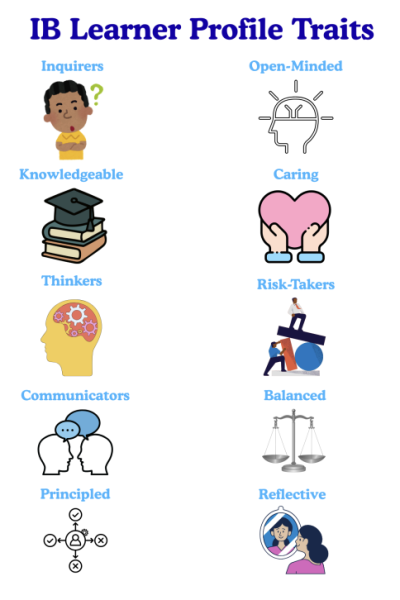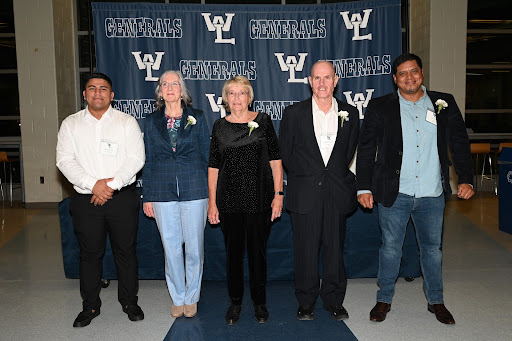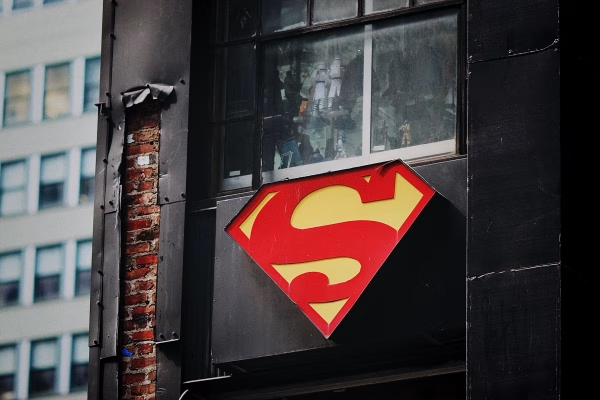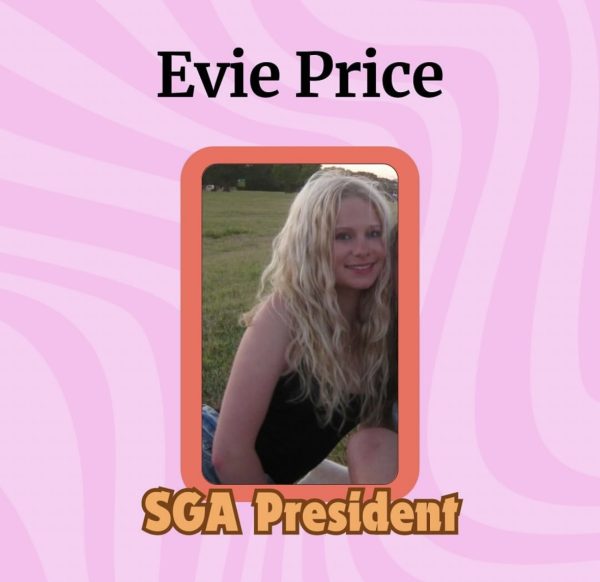Work it!
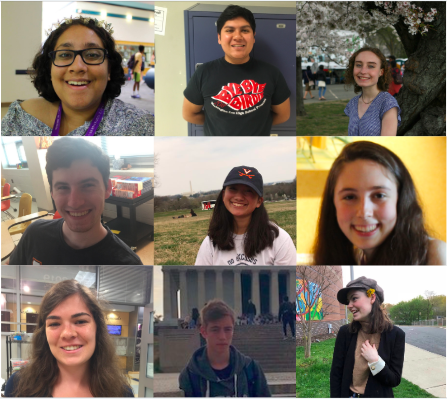
As the school year wraps up, another tradition approaches for the school’s seniors— Senior Experience. Instead of going to class, students must complete 75 hours of work during the three weeks, whether they spend it at an internship, job or use the time to accomplish something noteworthy, like writing a book.
“Senior Experience can provide students with real life job experience and help them to decide if they actually like the career path they have planned,” senior Sarah Superata said.
During Senior Experience, students are given the freedom to choose whatever activity they believe they will enjoy, as long as it is approved by Ms. Sandy Munnell, the Senior Experience coordinator.
“[Seniors participating] need to have 75 hours of work completed,” Ms. Munnell said, “They need to complete that in one placement, which is a job or internship, or two placements which means they are volunteering because they cannot get enough hours in their [main job].”
Superata is choosing to work one job for her Senior Experience, and will spend the time at her current job at Bakeshop in Arlington. To get a job approved, students must fill out a Google Form proposing the idea. Students who are already working must have their mentor at the job sign off on the project.
Although the decision of exactly what to do for the program is up to each individual student, parents, teachers and friends can pressure them to choose a certain job.
“My engineering teacher Danielle Meyer was reached out to by someone at Lockheed which she then reached out to me if I was interested,” Alex Daley said. He will be working for Lockheed Martin Laboratories during the three weeks.
Senior Experience also falls at a stressful time for students. End of year tests overlap with preparations for Senior Experience. This can make the experience somewhat stressful. On the other hand, Senior Experience gives students a break from the classroom after a long year of college applications, followed by state Standards of Learning (SOL) testing and International Baccalaureate (IB) and Advanced Placement (AP) exams. senior experience comes right after a lot of AP and IB tests for the seniors.
“We are losing instructional time in the traditional sense, but after four years of classroom time, I think Senior Experience is a more valuable way for us to continue learning,” senior Julia Billera said. Spending years in a classroom is one way to learn, but senior experience teaches you how to work in real life, not in a slideshow.
Senior Experience can be especially important for students who have taken IB classes all year, and can serve as a three week period to unwind from two years of never-ending stress, while still learning something new.
“The most important part of Senior Experience, especially for full IB students, is getting the opportunity and the experience to do something that will teach you something but won’t be too mentally exhausting,” senior Karuna Sinha said. Karuna will be working with the Latin teacher, Dr. Melanie Stowell at Swanson Middle School.
Billera chose to focus on something related to her career path for Senior Experience. Similar to Karuna Sinha, who is working with Latin students and teachers at Swanson Middle School, Billera is also helping Latin teachers working for Arlington Public Schools (APS).
“I want to be a Latin teacher in the future, so I wanted to use this as an opportunity to work with a different age group than the Latin classes here at W-L,” Billera said.
She will be working with Latin students at Thomas Jefferson, Gunston and Kenmore Middle Schools. She came up with the idea after seeing a student do something similar when she was in middle school, and was encouraged by the school’s Latin teacher, Ms. Nora Kelley.
“I wanted to… learn from a teacher whose classroom I had never seen before,” Billera said.
Seniors who choose to participate in Senior Experience are rewarded with a variety of opportunities and the experience of a full-time job.
“Students who don’t want to participate don’t have to, but as soon as they [realize] that all of their peers are [gone], pretty much all of them go,” Ms. Munnell said.
After spending the majority of four years in a classroom, students are excited to step out into the real world and learn how to handle a job before they lose the support that the school gives them. Although everyone will be doing different activities, they will all benefit from learning skills with real life applications.
“It’s a good way to get some life experience or experience otherwise before going to, for most people, a completely new city and being mostly independent,” said Sinha.


